Protect Our Pipes
70% of sewer overflows in Houston are caused by clogs from fats, oils and grease poured down the drain and wipes flushed down toilets. Sewer overflows can cost thousands of dollars to repair, harm our health, and pollute the environment. Protect our pipes, put grease in its place & prevent sewer overflows through these easy steps!


Help Prevent Sewer Overflows During the Holidays and Beyond
Each year, when temperatures decrease, Houston Public Works responds to twice as many sewer overflows due to blockages caused by grease, oils, and fats. We attribute this to two main causes:
-
During the holiday season there is a significant increase in cooking large meals for family and friends. As a result, more grease is generated compared to other times in the year.
-
The colder weather causes grease to quickly solidify while in the pipes. This means that even a little bit of grease poured down your drain can cause a bigger issue.
The Digital Toolkit linked below provides resources to engage and educate all Houstonians on how to prevent blockages and sewer overflows. The materials are an aggregate of resources you can use for websites, emails, newsletters, news stories, and blog posts. Please share this valuable content with your community and help Houston remain strong and vibrant.
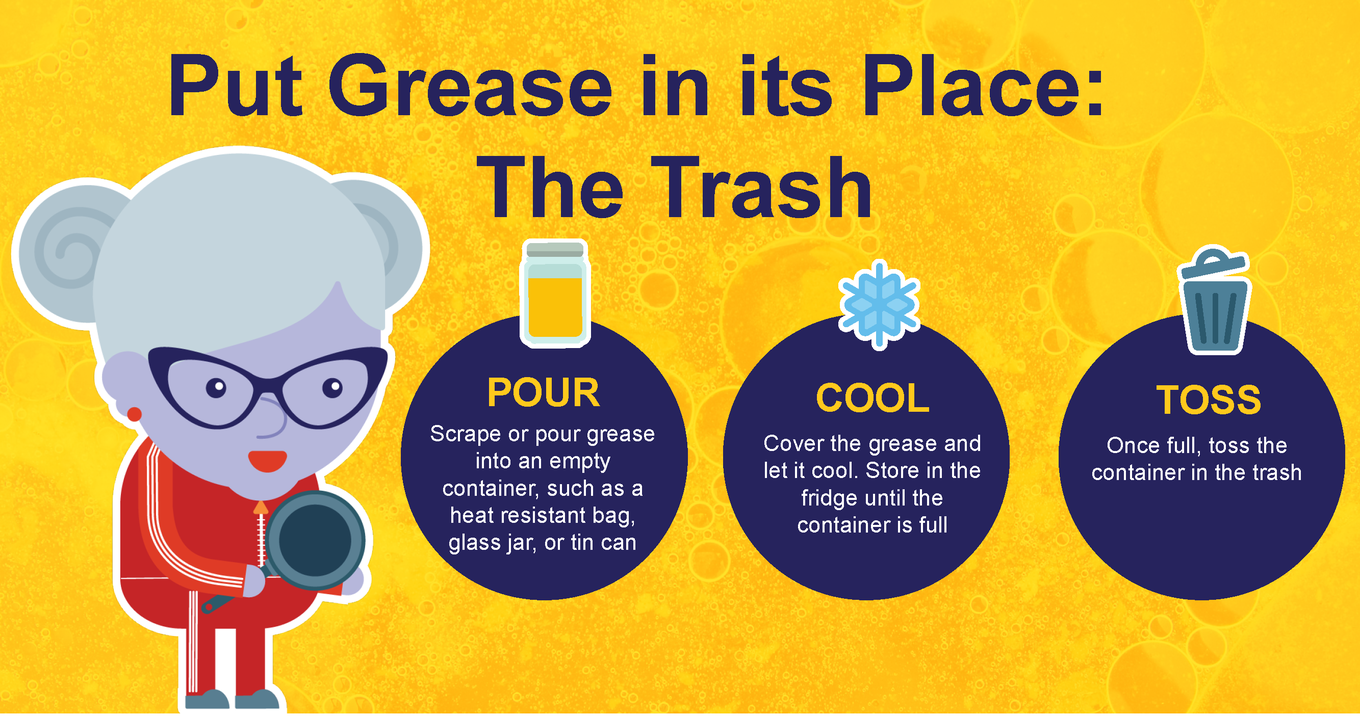
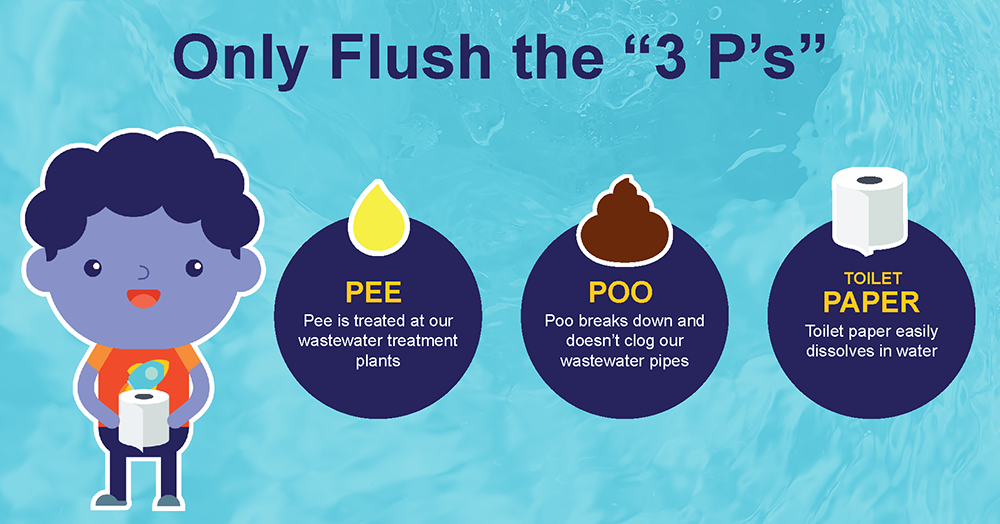
Helpful Tips
Use a sink strainer.
Sink strainers prevent food scraps, hair, and other items from going down the drain. .
Use a paper towel or scraper.
Paper towels and scrapers can be used to wipe grease from pots, pans, plates and utensils before washing. Throw the paper towel in the trash.
Keep all unnecessary items out of the toilet or drain.
Only the 3P’s (Pee, Poo, and Toilet Paper), soap, and water should be flushed or washed down the drain.
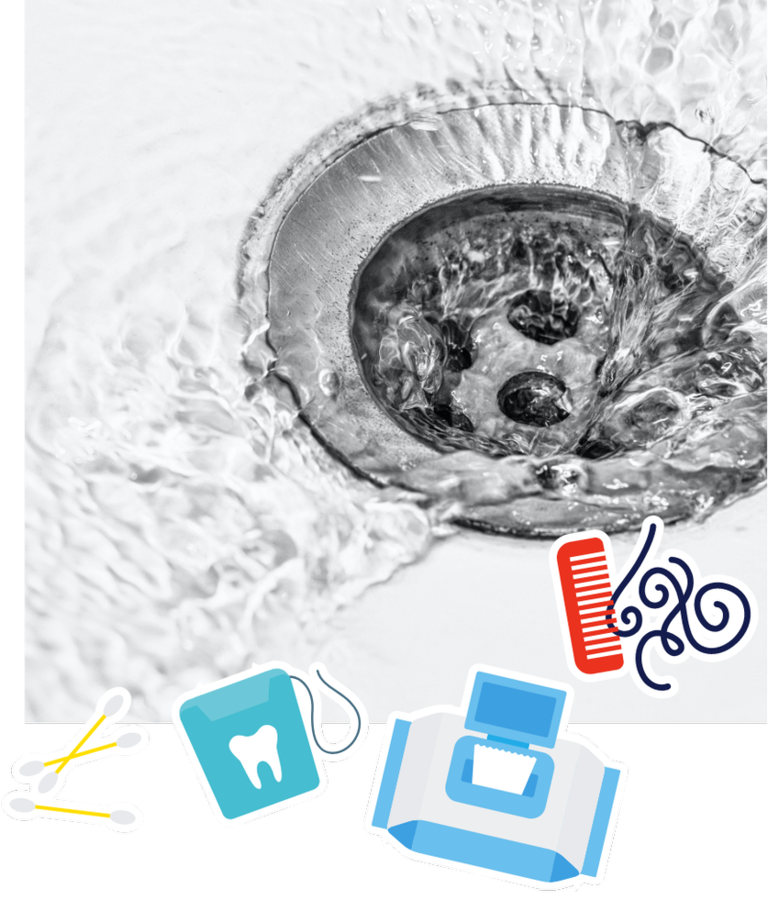
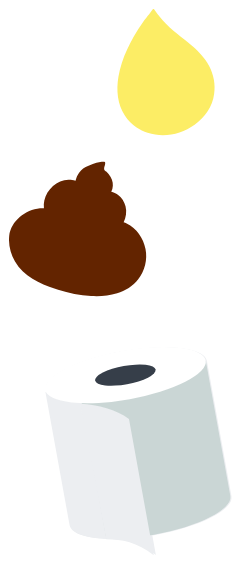
What is Sanitary Sewer Overflow?
A sewer overflow is a backup of raw wastewater than can contaminate water, cause property damage, and threaten public health. Houston experiences hundreds of sewer overflows each year.
If the toilet is backed up or overflowing...
Simply check your cleanout located at the street. If sewer water is standing by the pipe, then call 311 or submit a 311 request here. If there is no sewer water standing by the cleanout, then it is a sewer blockage on your private line and suggest you immediately contact a certified plumber to address your needs.
Cleanouts are used to mark the limits of the City’s public collection system and if you have one, they are found along public spaces. Cleanouts are typically white plastic pipe with threaded or pull-off caps (see photo). In some situations, metal covers are placed overtop for added protection.
Report a Problem
Problems with private wastewater pipes, which are typically closer to the home, are the responsibility of the homeowner. Problems with public pipes or those on a public right-of-way are the responsibility of Houston Public Works.

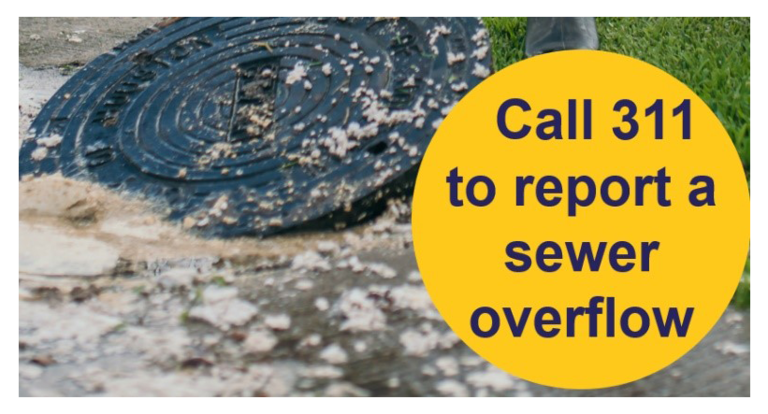
Commercial Kitchens
Restaurants, cafeterias, and commercial kitchens are regulated by City Code and inspected at least annually by the Houston Health Department.
Commercial kitchens and businesses that generate grease must be permitted and are required to install grease traps that must be cleaned every 90 days unless a waiver is submitted and approved by the Houston Health Department. For more information on commercial kitchen requirements, you can visit the Consumer Health Services website and check out the Special Waste Program.

Resources to Take Action
For more ways to get involved, contact us at: ProtectOurPipes@houstontx.gov
Share these free, downloadable resources with your friends, family, and community.
